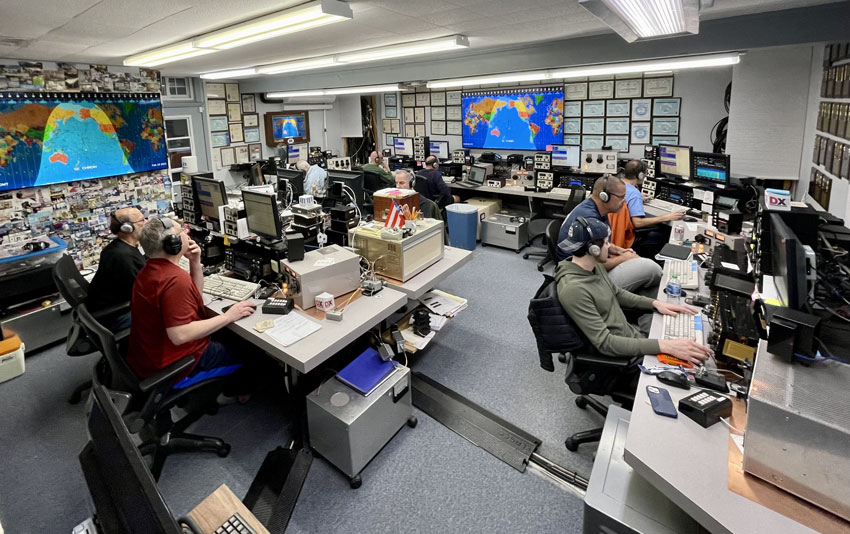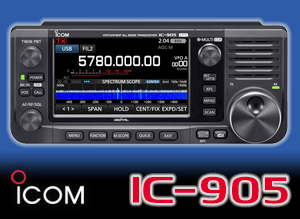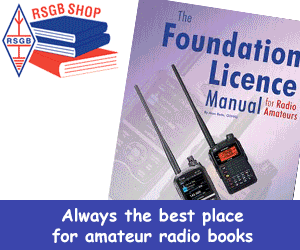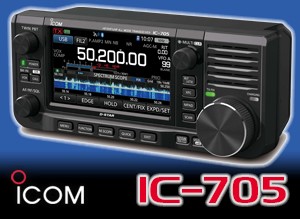RadCom Contesting
“Contesting” in RadCom – from April 2024
Over the coming months we have planned a schedule of topics, such as might form the chapters of a book on contesting. Some will be written by members of the three contesting committees, some by others who can share their experiences. The following is a list of the topics that we plan to cover – not necessarily in the order in which they will appear. If you would like to suggest a missing topic, or would like to write an article, please get in touch: ContestClub@rsgbcc.org

(K3LR Contest Station during ARRL DX CW 2023, copyright Tim Duffy K3LR, used with their kind permission)
We hope to also include one or more of the following headings…
- Contesting tip of the month
- Featured UK Contester (if we can find any people willing to be featured – photo and paragraph)
- Contest of the month – why is this a good contest to enter?
- Links to relevant web pages
After the articles have been published, we will add the content here so that this can form a useful reference to Contesting. Just click on the title in bold and you will be able to read the RadCom article in full…
1. Why Contesting (Nick, G4FAL)
How does it work?
Why take part?
What are the aspirations of contesters?
Why do contesters send 59 reports all the time?
Why are there contests every weekend?
Why do contesters invest so much time and money in their stations?
Plan for the column over the next couple of years.
2. Contesting History (Nick, G4FAL)
How did it all start?
Early Competitive Amateur Radio – Records and Achievements
First Contests
The Growth of Contesting
Yesterday’s techniques
Technological changes continue to enhance contesting tools
3. Choose your Contest (Nick, G4FAL)
Where do you start?
Where should you contest – HF, VHF or UHF?
Select your mode?
The Big Contests
RSGB Contests
Club Contesting
Reasonable expectations for beginners
4. Get ready for HF Contesting (Nick, G4FAL)
Minimum equipment to take part
Computer logging – why is this essential?
Ergonomics and operability
Read the rules – how do I optimise my score within the rules?
Read the band-plans – how do I respect other band users?
Does your HF station work – how to test it?
Contest Exchanges and efficient operating at HF
Submitting your log
5. Get ready for VHF Contesting (Andy, G4PIQ)
Minimum equipment to take part
Computer logging
Ergonomics and operability
Read the rules – how do I optimise my score within the rules
Does your VHF station work – how to test it?
Contest Exchanges and efficient operating at VHF
6. Effective and Enjoyable SSB Contesting (Chris, GM3WOJ)
Motivation
Learning
Logging Software
Hardware
Operating Technique
7. MGM modes at HF or VHF (Nick, G4FAL & Andy, G4PIQ)
Running FT modes for contesting
Operating Technique for MGM modes
FT mode automation – fair or foul?
8. RTTY and PSK
What is needed to participate?
Operating techniques for RTTY and PSK
Two radio operating
9. Contest Propagation at HF
Low Bands 160m-40m
High Bands 20m-10m
10. Contest Propagation at VHF, UHF and Microwaves
VHF
UHF
Microwaves
11. Operating Styles (John, G4IRN)
Search and Pounce
Running
What is SO2V and how is it achieved?
What is SO2R and how is it achieved?
What is 2BSIQ and how is it achieved?
12. Entry Sections and How to Enter (John, G4IRN)
Unassisted/Assisted
Single Band/Multiband
High Power/Low Power/QRP
Single Op/Multi Op – Multi 1, Multi 2 or Multi-Multi
Contest results and history – plot your progress over time
13. Station Locations (John, G4IRN)
Home Contesting
Portable/Mobile Contesting
DXpedition Contesting
14. Accurate Logging (John, G4IRN)
Super Check Partial
N+1
Dupes
Obvious Errors
Checking for easy mistakes
What can go wrong with an entry during adjudication and how to avoid it
15. Progression at HF – Aerials
Resonant or tuned
The UK planning system
Dipoles
Verticals and vertical arrays
Masts and Towers, winches, rotators
Yagis
Feeder efficiency
How to optimise your station in an urban environment
16. Progression at HF – more equipment
Radios
Amplifiers
Computer equipment dedicated to the radio station
Auto band detection
Band pass filters
Aerial switching
17. Progression at HF – Software (John, G4IRN)
DXLog
N1MM+
Wintest
SD
Others
Computer interfaces – do they help or hinder?
18. Progression at VHF, UHF and Microwaves – Aerials
Yagis
Rotators
Feeder efficiency
Operate from home or portable?
19. Progression at VHF, UHF and Microwaves – Equipment
Radios
Amplifiers
Preamps
Computer equipment dedicated to the radio station
20. Progression at HF or VHF – Logistics and skills
Touch-typing
Foot switch operation
Voice keyers
Optimising macros
SO2R in practice
2BSIQ in practice
Practicing contest skills with simulation
21. Portable or Mobile – HF including Field Days
Location, location, location
Single Operator or Team?
Equipment list
22. Portable or Mobile – VHF including Field Days
Higher the better
Equipment list
23. Team Contesting – how does M6T work? (case study)
24. Team Contesting – how does a super-station work?
25. Travelling to Operate as an Individual – Commonwealth Contest (case studies) (Mike, G3VYI)
26. Travelling to Operate as a Team – (John, G4IRN)
27. Remote Operating
Why do it?
How could you do it?
28. Distributed Multi/Multi Operating
RSGB HQ station – GR2HQ (case study)
29. World Radio Team Championship – (to be inserted where and when appropriate)
History and description
How to take part
How you can help in the UK event










